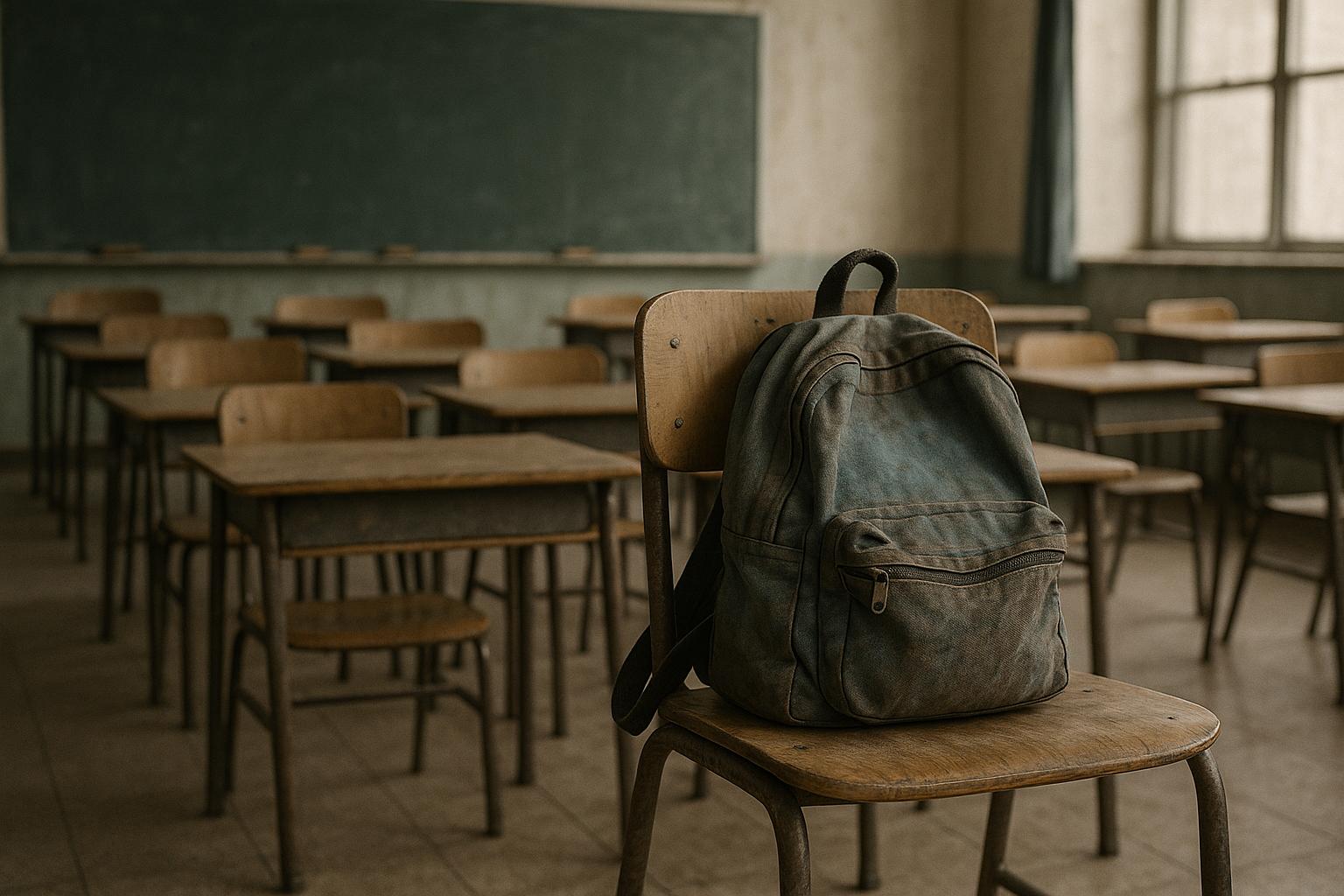Former Prime Minister Boris Johnson is due to be questioned this week at the UK Covid-19 Inquiry specifically about the considerable harms inflicted on a generation of children during the pandemic. His government's late imposition of lockdowns and inadequate preparation for remote learning amid school closures have drawn heavy criticism, reflecting mounting evidence of lasting developmental impacts on many young people.
During a previous appearance at the inquiry earlier this year, Johnson conceded that children, particularly those from lower-income families, disproportionately suffered from the government's pandemic measures. He expressed regret over the decision to close schools and the subsequent impact on learning, stating he was uncertain that he would handle it similarly in the future and wished for more funding to help children catch up academically. The UK’s initial response saw schools closed to all but children of essential workers and those deemed vulnerable, with families expected to manage remote learning often without sufficient support or adequate internet access.
Advocacy groups such as the Children’s Rights Alliance for England have highlighted that only about 10% of vulnerable children entitled to school attendance during lockdown actually attended. The organisation's director, Louise King, warned that the consequences of policy decisions during this period—lost learning opportunities, restricted freedoms, and diminished hope—will affect children for years to come. She stressed the urgent need for government lessons to be learnt and for support systems to be put in place to help children recover from these lasting effects.
Further compounding these educational setbacks, some children endured severe social isolation, especially those living in high-rise flats with limited access to green spaces. Others faced increased risks of harm at home, including exposure to parental mental health issues and addiction. The inquiry has revealed troubling accounts of children suffering abuse and neglect behind closed doors, with school closures also increasing their vulnerability to online dangers such as violent pornography and excessive gaming. These disruptions have been described as 'grievous harm' to the very fabric of childhood, affecting children's education, social interaction, and safeguarding.
The fallout from Johnson’s handling of the pandemic extends to critiques from within his own government. His former Education Secretary, Sir Gavin Williamson, apologised to the inquiry for the many mistakes made, including failing to adequately prepare for school closures and remote learning despite emerging scientific evidence suggesting their necessity. Williamson described Johnson's May 2020 decision to announce a phased return to schools as "damaging," due to its last-minute implementation without ensuring safety.
Johnson himself has publicly acknowledged mistakes made during the pandemic response. In testimony before the inquiry, he apologised for the "pain and the loss and the suffering" endured and admitted the government underestimated the scale and speed of the crisis. He took personal responsibility for decisions made, recognising the public’s anger over the handling of the pandemic while emphasising the complex balance between harms and benefits of lockdown measures. He also denied being "manipulated or pushed" into the first lockdown, describing the decisions as grueling judgements prioritising human life and public health.
The Covid-19 Inquiry, which has seen other key figures such as England’s Chief Medical Officer Sir Chris Whitty give evidence, aims to thoroughly scrutinise the government’s preparedness and response, with particular focus on the impact of school closures on young people. This module concerning children and young people is expected to be attended by protesters and bereaved families demanding accountability and assurances that lessons will be learnt to prevent similar failings in future crises.
📌 Reference Map:
- Paragraph 1 – [1], [4]
- Paragraph 2 – [1], [6], [7]
- Paragraph 3 – [1], [2]
- Paragraph 4 – [1], [3]
- Paragraph 5 – [1]
- Paragraph 6 – [4], [5], [6]
- Paragraph 7 – [1], [7]
Source: Noah Wire Services
